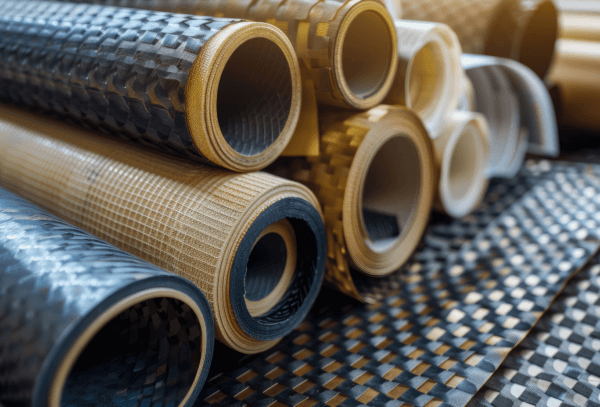Selecting the right materials is a crucial part of product design that directly impacts functionality, durability, cost, and user experience. Here’s a breakdown of the top factors to consider when choosing materials for your product, plus how our team at Kickr Design can support you in making informed, strategic decisions.
Key Factors to Consider
Functionality
The material’s performance is a primary consideration. Ask yourself: does the material need to be rigid, flexible, lightweight, heat-resistant, or conductive? Each product has unique demands, and the material’s properties—like strength, elasticity, and insulation—should align with those needs. For example, if your product must withstand heavy loads, you might consider steel or titanium for their strength. If flexibility is essential, rubber or silicone might be more appropriate.
Durability
Consider the product’s expected lifespan and the conditions it will face. Choose materials that can withstand wear and tear, resist corrosion, and endure exposure to UV radiation, moisture, and temperature fluctuations. For products designed for outdoor use, durable materials like stainless steel or weather-resistant plastics might be essential to ensure longevity and reliability.
Cost
Balancing cost with quality is key. Evaluate each material’s price relative to your budget, keeping in mind that some less expensive materials may require additional treatments or protective measures, which could raise overall costs. A cost-effective option should still meet the product’s performance requirements without compromising quality.
Aesthetics
Appearance matters for products where user appeal is essential. Consider the look, texture, and color of your materials to ensure they match your product’s design intent. Finishing capabilities—such as gloss, matte, or texture—can enhance the product’s aesthetic. For example, a high-end item might feature polished metals or premium fabrics, while a more industrial design might suit rugged plastics or matte finishes.
Manufacturing Process Compatibility
Material selection should align with the intended manufacturing method, such as injection molding, CNC machining, or 3D printing. Certain materials are better suited to specific processes and may require specialized equipment. Ensuring compatibility can streamline production and help avoid unexpected manufacturing challenges.
Environmental Impact
With sustainability as a growing priority, eco-friendly materials like recycled or biodegradable options can support brand image and consumer preference. Consider a material’s recyclability, carbon footprint, and overall environmental impact when choosing.
Regulatory Compliance
Materials may need to meet specific safety or quality standards depending on your industry. For example, products that come into direct contact with food or skin should use materials that comply with stringent safety regulations to ensure consumer safety and avoid compliance issues.
User Comfort and Safety
For products designed for direct interaction, prioritize materials that are comfortable and safe for users. Think about factors like skin sensitivity, heat transfer, and ergonomic qualities to enhance user experience and safety.
How Kickr Design Can Help
At Kickr Design, our team brings a wealth of knowledge in material selection and testing. Here’s how we support your product development process:
- Requirement Analysis: We work with you to analyze your product’s specific needs, from functionality to aesthetics, to ensure the selected materials fit your vision.
- Material Recommendations: Based on our analysis, we’ll suggest materials that meet your criteria, providing you with options that balance performance, cost, and appearance.
- Material Testing: Our engineers perform in-depth testing to verify that materials meet your specifications and comply with industry standards.
- Expert Guidance: With our knowledge of various manufacturing processes and sourcing options, we can advise on material selection, ensuring compatibility and efficiency throughout production.
Choosing the ideal materials for your product is a strategic decision that can significantly influence its market success.
Contact us at Kickr Design to leverage our expertise and ensure your product’s materials meet every standard for functionality, aesthetics, sustainability, and compliance.


